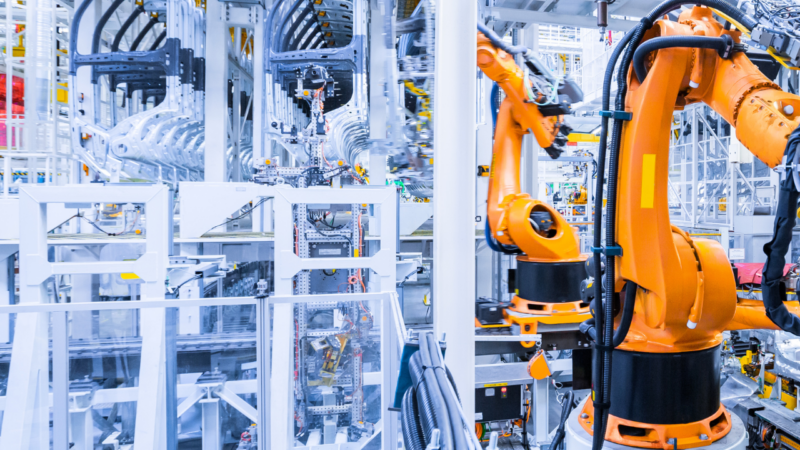Robotic automation is no longer the exclusive domain of giant manufacturers making thousands of identical parts. Now, even small metalworking shops can—and increasingly must, if they are to survive—automate at least part of the production of low-volume, high-mix orders. At a relatively small cost in capital and quicker time-to-production, robotic automation can pay huge dividends and a quick return on investment. While automation can’t do all the tasks in a machine shop—at least not yet—it can reduce the amount of work that must be done by a human.
To illustrate their point, Focus interviewed New Scale Robotics’ David Henderson and Vectis Automation’s Josh Pawley. Henderson explained the difference between “incremental automation,” or the ability to break automation projects down into step-by-step pieces, versus traditional industrial automation.
“We consistently get requests from people who were thinking of heavy integration, but they haven’t had any automation before, and they wanted a turnkey system which cost $1 million and take a year to implement,” Henderson explained. “But traditional automation for some fabricators is too much to jump into to begin with.
“[Instead,] we can get them up and running in three months for $100,000. By doing that you empower your staff to operate machines, as opposed to having turnkey systems that are dependent on the system integrator. So you get the best out of both automation and your people.”
Read the summary or download the full article (PDF) from FocusBankers.com


